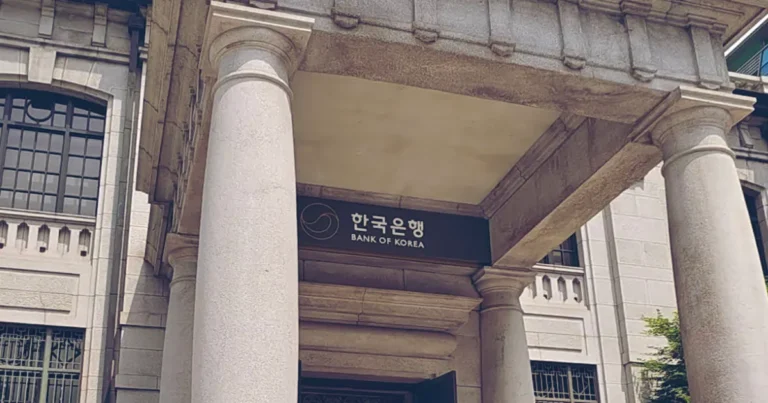21-4-2025 – The Bank of Korea has pledged its full commitment to shaping the nation’s stablecoin regulatory framework, citing substantial concerns over monetary policy effectiveness and financial stability.
The revelation that more than a third of South Korea’s population – approximately 18.25 million individuals – are actively engaged in cryptocurrency investments underscores the urgency of this regulatory initiative. This significant market penetration is further evidenced by the remarkable $12.1 billion in daily trading volumes across the country’s five premier cryptocurrency exchanges.
The central bank’s position stems from its assessment that stablecoins, unlike conventional digital assets, fundamentally function as payment instruments. This characteristic, the bank argues, could potentially disrupt traditional monetary mechanisms and create unforeseen challenges for policy implementation.
Whilst South Korea’s initial cryptocurrency legislation, which came into force in July 2024, primarily addressed investor protection through enhanced exchange oversight, the forthcoming regulatory framework promises to be more comprehensive. The Financial Services Commission is poised to commence drafting these new regulations, which will establish clear guidelines for stablecoin operations and introduce enhanced transparency requirements for token listings.
Of particular concern to monetary authorities is the potential for crypto-market turbulence to spread into conventional financial systems through stablecoin channels, potentially compromising payment and settlement infrastructure integrity.
In a parallel development, the Bank of Korea continues to advance its central bank digital currency (CBDC) initiative. The programme has entered a practical testing phase, involving everyday citizens, merchants, and banking institutions, with an expanded trial scheduled for October focusing on peer-to-peer transactions.


